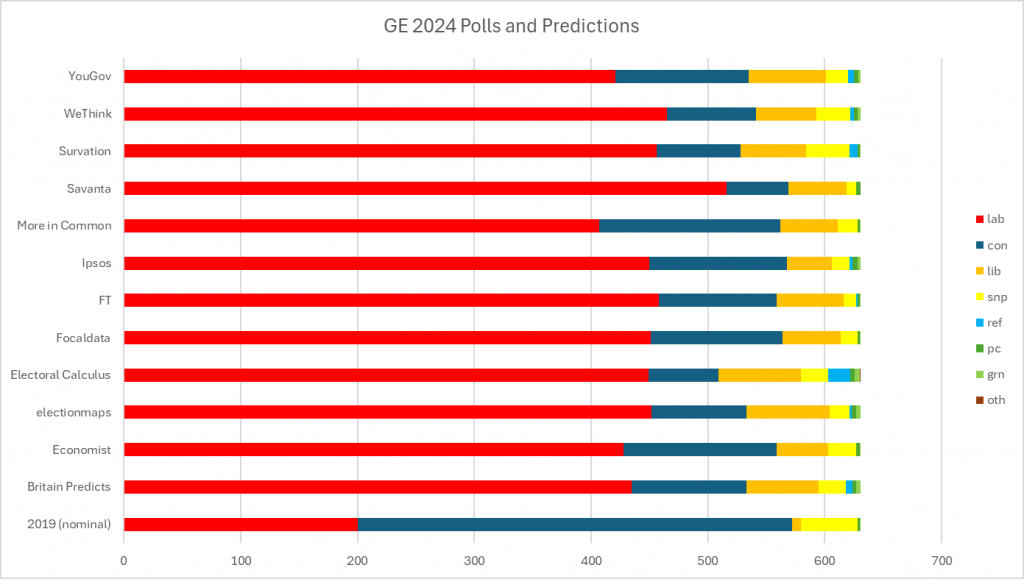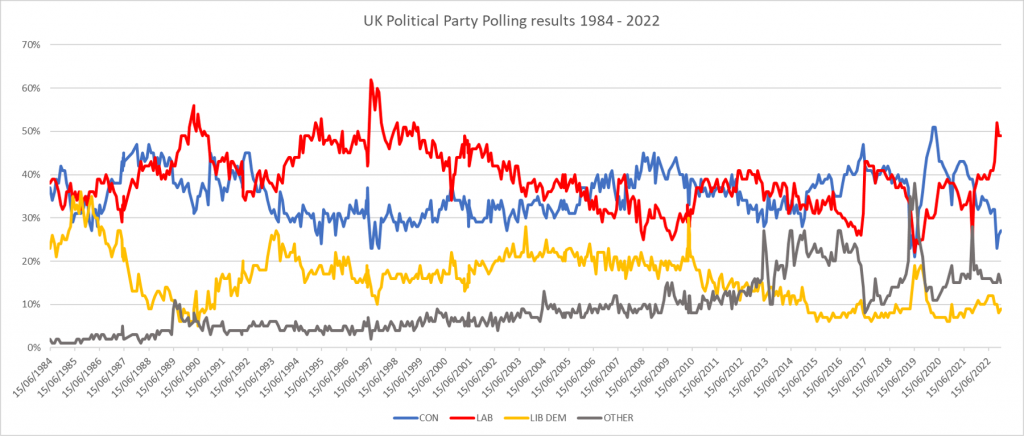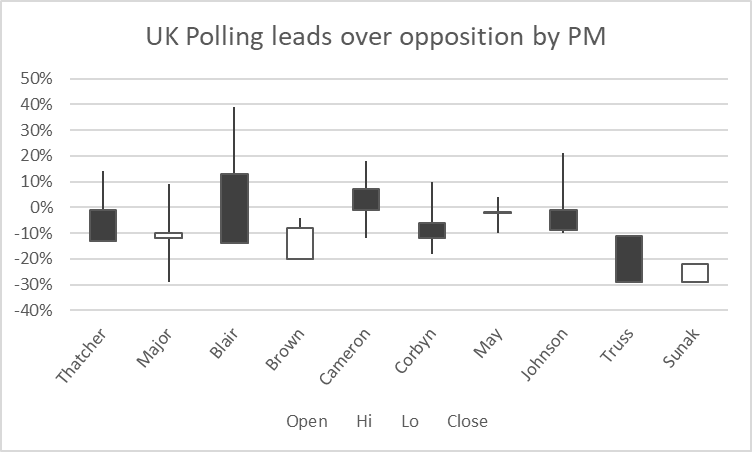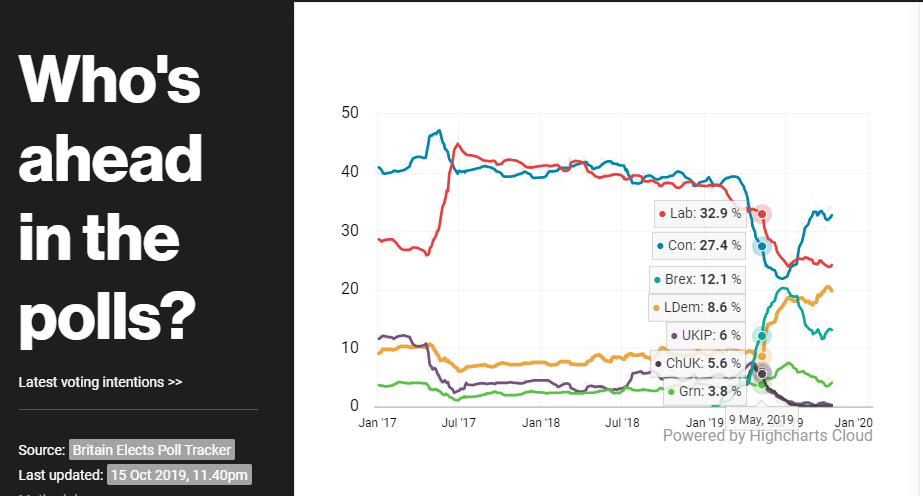Reading Polls takes some care which is why I suggest that one reviews polls that illustrate the range of results rather those that at the moment maximise Labour’s support.
Whether the polls suggest Keir is better thought of than Boris seems to depend on the question asked. Straight forward net approvals, Keir’s score is better than Boris although the gap seems to be closing, over the last few weeks, Boris score has improved, Keir’s has fallen. When asked who’d make the best PM Boris often wins although not at yougov, you can inspect their numbers here, or or in chart form on Starmer vs Johnson, approval ratings, on this blog from last week. Opros, who I have not heard of, has Boris ahead and also discusses the different questions asked.
I am concerned that neither he nor we are doing well enough, and I am not alone nor isolated with those his supporters might consider the usual culprits and those who expressed disappointment or opposition from day 1, sadly making what was a moment, into a tradition. Unlike 172 members of the PLP in 2016, I am not calling for a no-confidence in either Starmer or Rayner within a year of their election since that would be an act of contempt for the tens of thousand that voted for them; what I am asking is that those that did, honestly answer the question, “is he up to it?”
He has been good in the Commons, but it only counts if the press report it; he’s been poor on PPE, poor & late on lockdown, poor on last summer’s exams, poor on COVID-19 safety in schools, the choice of competence and not corruption is questionable, we are poor, virtually silent, on sick pay and redundancy pay, have abstained on human rights law diminutions by not properly opposing the spycops law, nor supporting the extension of the eviction ban and his collusion on Brexit, both not arguing to extend transition and agreeing the, what is now obviously seen even in such a short time, terrible future relationship and withdrawal agreements makes dealing with the fallout from Brexit more than tricky and we again collude with the laws that may yet reopen the lethal armed violence in Northern Ireland. He is also backing Boris on Scottish independence, a brave move, given how we got to where we are in Scotland. Are you sure he’s up to it? I am not suggesting that given the choice you were wrong to vote for him, I thought about it, but is he meeting your expectations, if not, perhaps you should tell him. …






